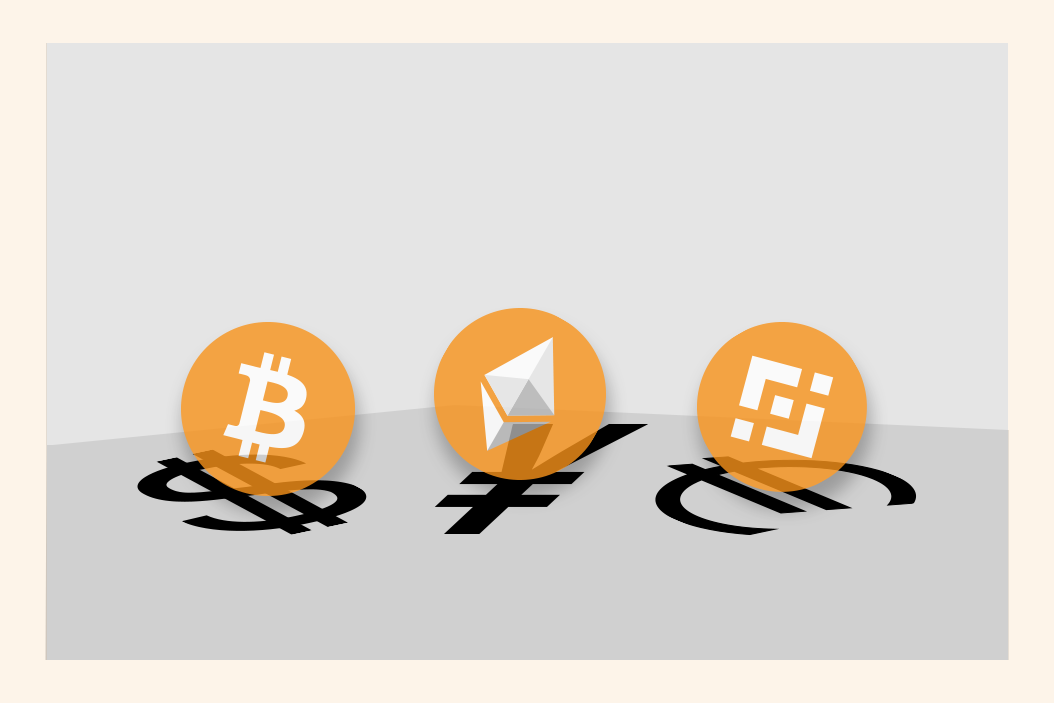May 19, 2021
China bans cryptocurrency: China has banned financial institutions and payment companies from processing online transactions in cryptocurrencies. The move, which follows an earlier ban on cryptocurrency trading by Chinese firms, is a clear sign of China's suspicion of any digital currencies that it cannot control. In fact, what China really wants is to promote its own digital yuan that would track every single transaction. Other governments would love to do the same, of course, but they don't have nearly as much financial firepower as China. Meanwhile, the news from Beijing made the price of Bitcoin — the world's most prominent cryptocurrency — plunge to its lowest in three months. Who would have guessed just a couple of weeks ago, when everyone was still frantically buying Bitcoin, Etherium or Dogecoin on RobinHood, that all it would take to burst the digital currency bubble would be an Elon Musk tweet and China.
Is Jesús dead? One of Colombia's most famous rebel commanders was reportedly killed in Venezuela earlier this week in an incident that could inflame tensions between the two countries. Seuxis Hernández Solarte — better known by his nombre de guerra Jesús Santrich — was a top leader of the FARC rebel group for decades, and helped negotiate the historic 2016 peace accord that ended a half century of conflict that had killed more than 200,000 people. But the ink was barely dry on the document before Santrich was jailed for returning to the drug trade, and after his release he joined a fresh call to arms among disaffected former FARC fighters. Santrich's own criminal gang says he was ambushed by Colombian commandos who stole across the border, killed him, and cut off one of his fingers before flying off in a helicopter. Colombian officials have not confirmed any of that story yet, but Bogotá has long claimed that Santrich was active in Venezuela, which for years harbored various FARC-affiliated groups.
EU to welcome (vaccinated) tourists: The European Union will allow tourists from non-EU member states that have been vaccinated with EU-approved jabs or considered safe from COVID to visit the bloc this summer. That's great news for tourism-reliant economies such as Greece or Spain which are eager to welcome visitors again from countries like the UK and the US. But other EU member states that depend less on tourists are skeptical — they want to be more cautious, for instance, about mixing vaccinated and unvaccinated groups of people. Either way, Brussels will let each member state decide its own policy, while working to ensure enough jabs are doled out by the fall to avoid getting crushed by another COVID wave. What still needs to be ironed out, however, is the EU-wide vaccination certificate, and whether the UK and the US will reciprocate by allowing EU visitors to go there without restrictions as the bloc (slowly) ramps up vaccinations. Expect a lot of back-and-forth on both issues in the coming weeks.
From Your Site Articles
More For You
Ian Bremmer sits down with former US Ambassador to NATO Ivo Daalder to unpack a historic shift in the transatlantic alliance: Europe is preparing to defend itself without its American safety net.
Most Popular
Think you know what's going on around the world? Here's your chance to prove it.
U.S President Donald Trump, U.S. Vice President JD Vance, and U.S. Secretary of State Marco Rubio pose for a family photo with other representatives participating in the inaugural Board of Peace meeting, at the U.S. Institute of Peace in Washington, D.C., U.S., February 19, 2026.
REUTERS/Kevin Lamarque
Argentina, Armenia, Belarus, Egypt, Indonesia, Jordan, Pakistan, Paraguay, Vietnam – to name only a few.
A poster featuring Andrew Mountbatten-Windsor, formerly known as Prince Andrew, is installed on a sign leading to the parking area of the Sandringham Estate in Wolferton, as pressure builds on him to give evidence after the U.S. Justice Department released more records tied to the late financier and convicted sex offender Jeffrey Epstein, in Norfolk, Britain, February 5, 2026.
REUTERS/Isabel Infantes
British police arrested former Prince Andrew Mountbatten-Windsor today over allegations that in 2010, when he was a UK trade envoy, he shared confidential government documents with convicted sex offender Jeffrey Epstein.
© 2025 GZERO Media. All Rights Reserved | A Eurasia Group media company.
